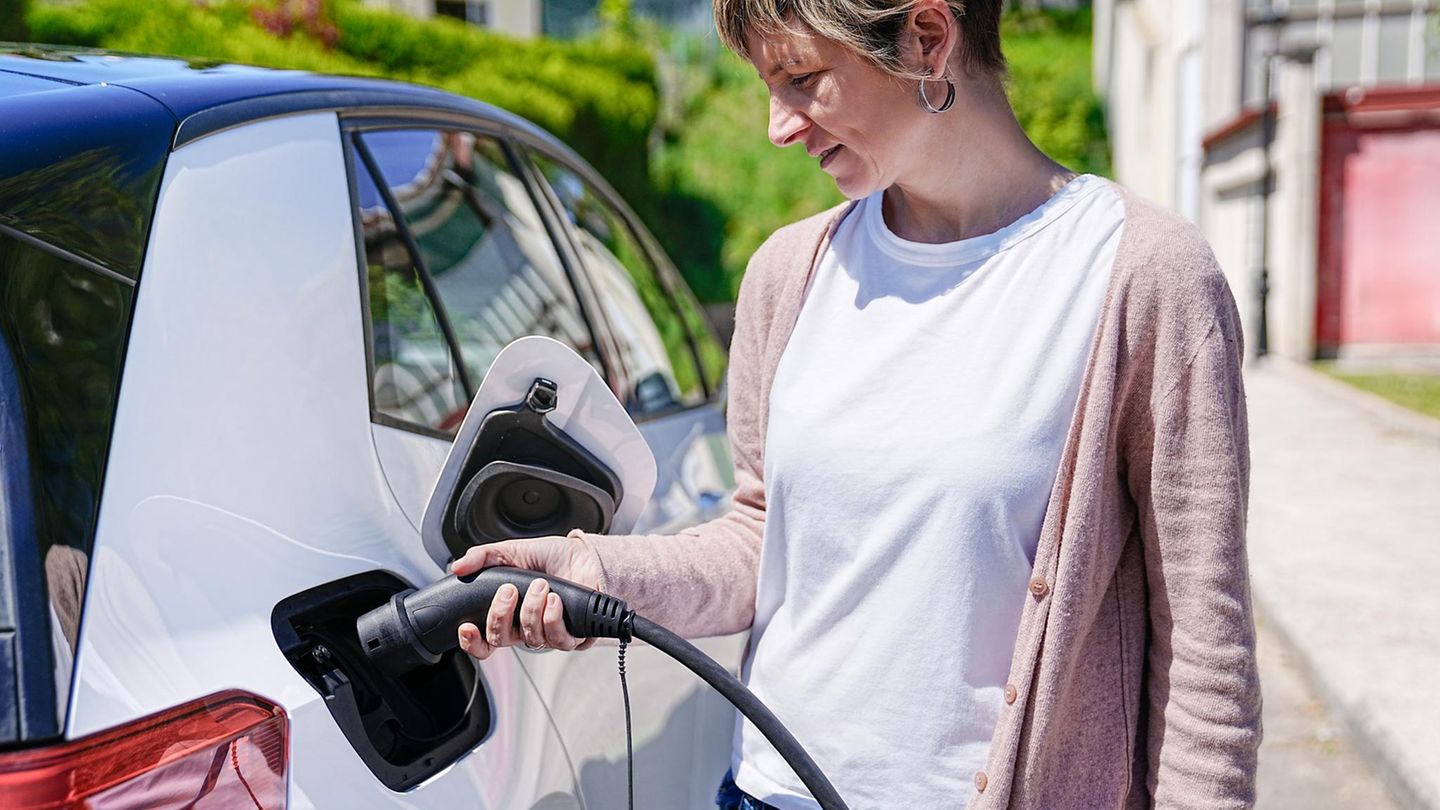Charge instead of refueling
An electric car is most worthwhile in these cities
Copy the current link
Add to the memorial list
How much saves the e-car charging compared to refueling at the burner? Verivox has compared the respective fuel and electricity prices for 50 cities.
If you are traveling with an electric car instead of burners, you not only protect the climate, but also your own household budget. In any case, this applies to the running costs, because electricity is usually significantly cheaper than fuel. But how big is the cost advantage when charging compared to refueling?
The comparison portal Verivox took a closer look at this and compared fuel and electricity prices for the 50 largest German cities.
The method: The scenario is that of a Wallbox owner who charges his electric car at home and pays the local average price for budgetary current. The prices at the petrol pumps of the petrol stations in the area are compared and the average costs for 100 kilometers are calculated with a compact class car.
Load brings up to 55 percent savings
The evaluation shows that since electricity prices in particular vary regionally, the savings are different depending on the city. The savings potential in Oldenburg is particularly high, where the electricity is particularly cheap according to Verivox data. The electric car driver only pays 4.83 euros for electricity. E10 petrol for the same route, on the other hand, costs 10.69 euros. Loading is therefore 55 percent cheaper than refueling.
The savings for electric cars in Bremen and Nuremberg are similar with 54 percent each. It is also more than 50 percent savings in Leipzig, Bonn, Augsburg, Magdeburg, Halle and Rostock.
In Hamburg, however, the saving of electric car drivers due to higher electricity prices is only 39 percent, the weakest value in comparison.
Other cities such as Berlin (45 percent savings), Munich (47 percent) or Cologne (46 percent) are in the middle of the field. If you make the comparison with diesel instead of gasoline, very similar numbers come out.
All of these are average values that can differ individually. Verivox points out that the electricity costs can be higher, especially at public charging stations.
However, the overarching message remains: “The switch to an electric car goes hand in hand with higher acquisition costs, but the drive costs decrease considerably,” says Thorsten Storck, energy expert at Verivox. “With the same mileage, the necessary electricity at home only costs about half as much as gasoline and diesel.”
bak
Source: Stern




